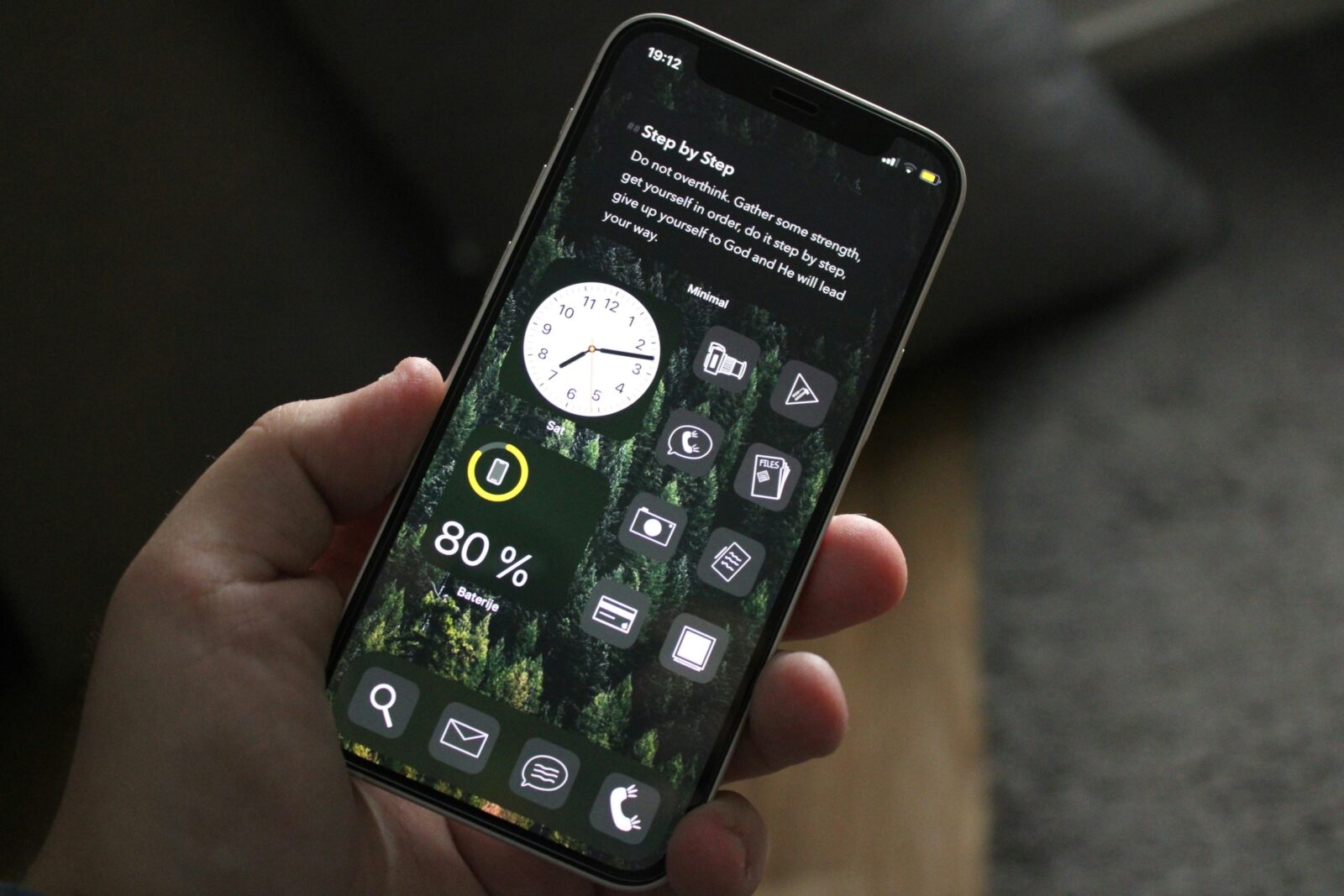Simple apps to calm your mind and sharpen focus
Ever opened your phone to “just check one thing,” and twenty minutes later you’re lost in a whirlwind of notifications, half-read emails, and a sudden urge to reorganize your calendar? You’re not alone. In fact, most of us live with digital noise constantly buzzing in the background — making it hard to think clearly, let alone focus.
I’ve been there: trying to start my day with clarity, only to get pulled in fifteen directions before coffee even cools. That’s when I realized I needed my phone to work for me, not against me.
That’s where apps for mental clarity come in. Today, I’ll share the top tools I’ve personally tried (and recommend) that cut through the noise, reduce decision fatigue, and create a little more mental breathing room. Think of this as your curated toolkit for calmer, sharper days.
Why Use Apps for Mental Clarity?
Mental clarity isn’t just about productivity — it’s about peace of mind. When you reduce mental clutter, you create space for creativity, decision-making, and yes, even rest.
The right apps don’t overwhelm you with features; instead, they simplify your workflow, track your mental well-being, and gently remind you of what matters most.
Key takeaway: The best apps help you do less, but better.
Top Apps for Mental Clarity
1. Notion – All-in-One Mental Hub
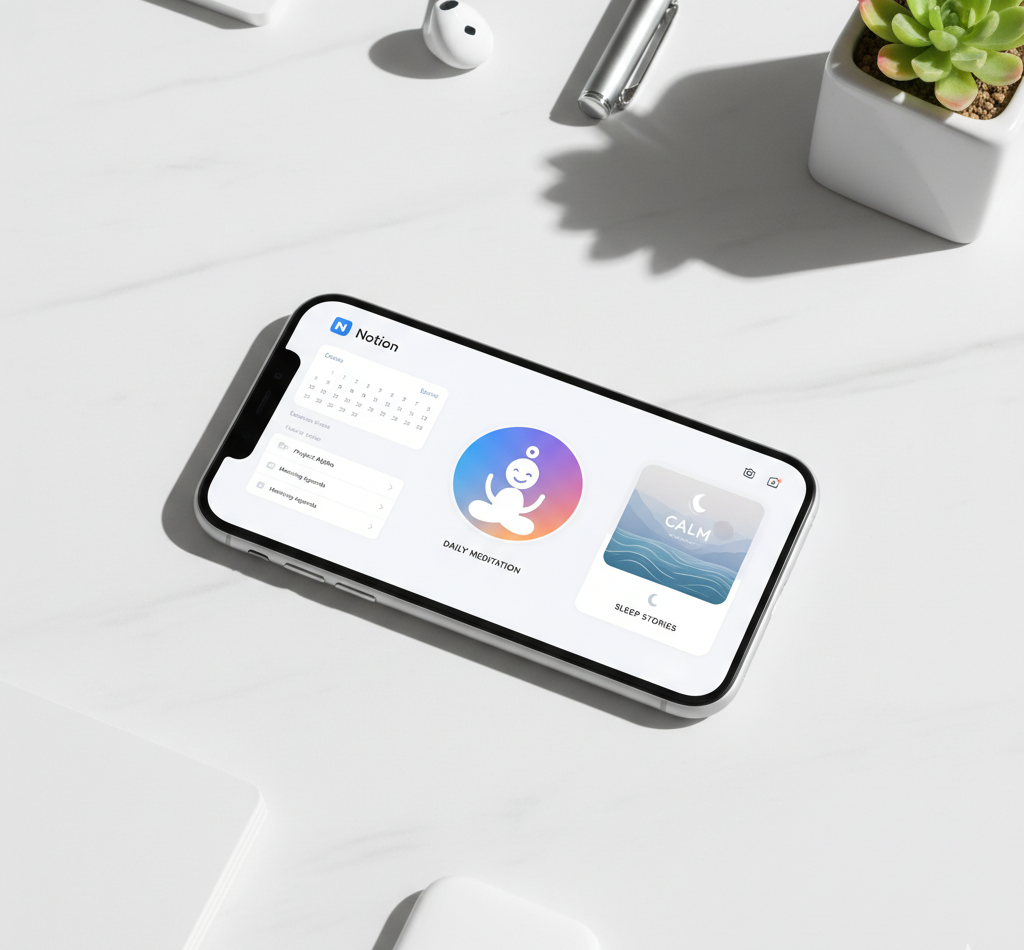
Notion is like having a digital second brain. It combines notes, tasks, and knowledge into one customizable space.
Why it works:
- Create clear dashboards for projects.
- Organize tasks without juggling multiple apps.
- Build personal systems (journals, habit trackers, clarity dashboards).
Personal note: I use Notion as a daily clarity check-in. Each morning, I jot down three priorities and one reflection. It keeps me grounded, even when the day spirals.
Pro tip: Start simple. A minimal dashboard beats a complicated one every time.
2. Headspace – Meditation for Mental Reset
Sometimes clarity doesn’t come from another list — it comes from stepping back. Headspace offers guided meditations that are easy to follow, even if your mind wanders after 30 seconds.
Features I love:
- 5–10 minute meditations for busy mornings.
- “Focus music” designed for flow states.
- Sleep sounds to wind down gently.
Mini-story: I once tried meditating with no app — ended up making a grocery list in my head. Headspace gave me just enough structure to stay present.
3. Todoist – Simple, Effective Task Clarity
Todoist shines because it does one thing really well: keeping your tasks clear and manageable.
Why it’s a clarity booster:
- Clean interface = less distraction.
- Priority levels prevent overwhelm.
- Natural language input (“Remind me to call mom tomorrow at 6 pm”) saves time.
Key takeaway: Mental clarity often begins with knowing exactly what’s on your plate — and what isn’t.
4. Calm – Clarity Through Rest
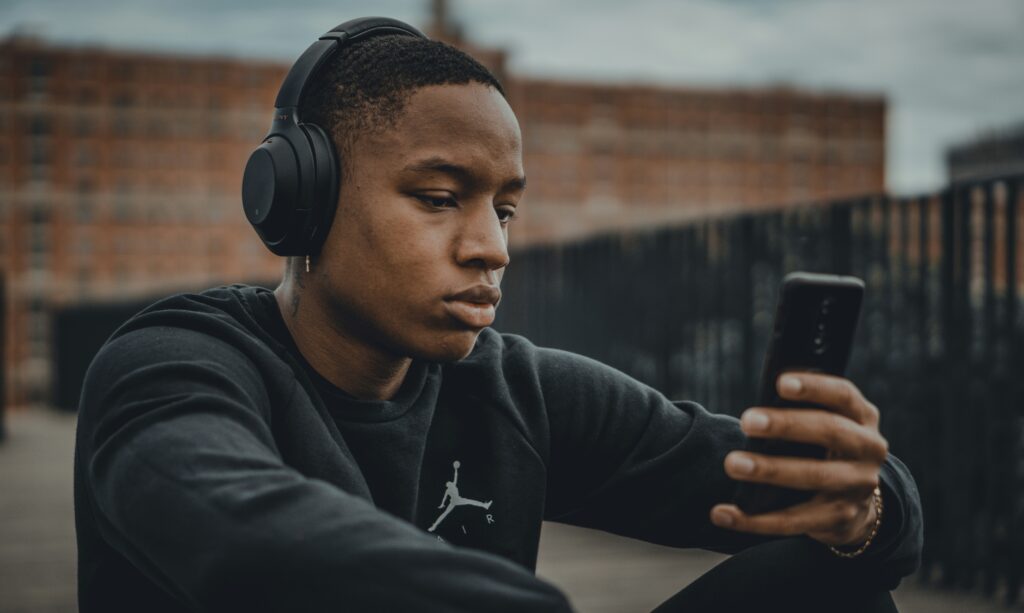
Mental clarity isn’t all about action; rest plays an equal role. Calm is perfect for helping you step back, breathe, and restore your mind.
What it offers:
- Sleep stories (yes, even adults love them).
- Breathing exercises.
- Calm “daily reminders” that act like nudges for sanity.
Reflection: Some of my best work ideas didn’t come mid-spreadsheet — they came after a night of deep, restful sleep.
5. Forest – Stay Focused with Gentle Gamification
Forest takes focus seriously — but playfully. When you stay focused, you grow a digital tree. Leave the app? Your tree withers.
Why it helps:
- Visual progress makes focus rewarding.
- Perfect for Pomodoro sessions.
- Syncs with friends for accountability.
It’s oddly motivating to “not kill the tree.” Trust me, the guilt is real.
6. Daylio – Track Mood, Track Clarity
Self-awareness is a huge part of mental clarity. Daylio helps you log moods, activities, and habits in just a few taps.
Benefits:
- Spot patterns that drain or restore energy.
- Gain insights into when you’re most creative.
- Track habits alongside moods for deeper context.
Personal note: I realized through Daylio that my most distracted days always coincided with late-night scrolling. A simple pattern, but life-changing once I saw it in data.
7. Evernote – Classic Note Clarity
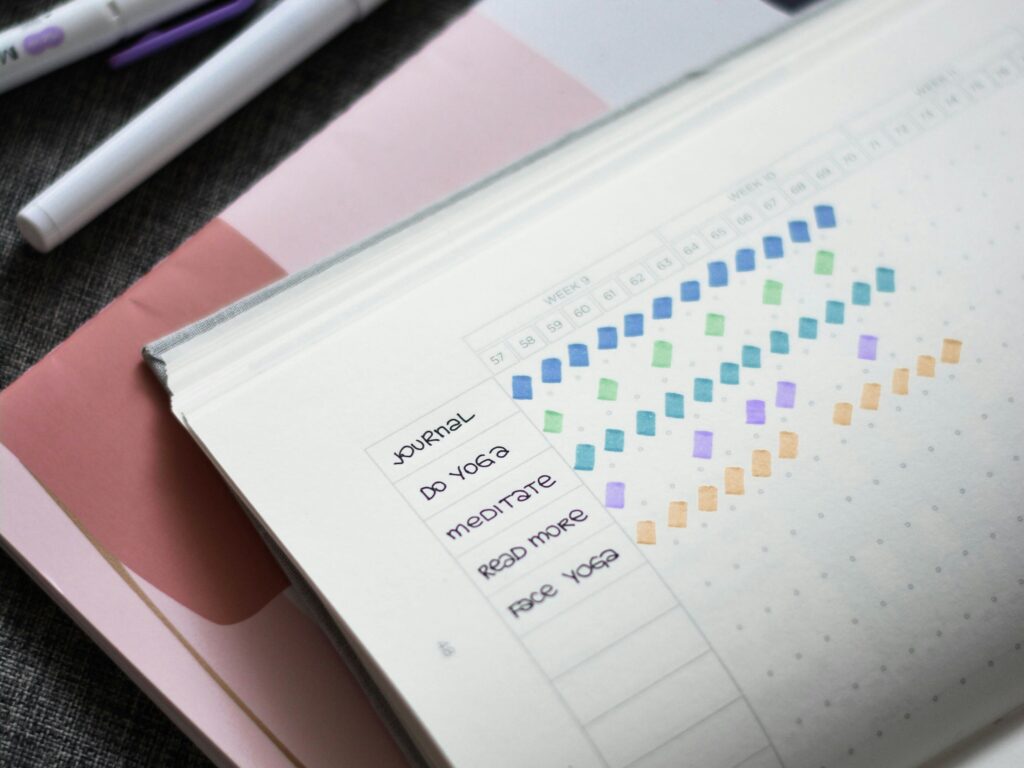
Evernote has been around for years, but it’s still one of the most reliable ways to capture thoughts without losing them.
Best features:
- Quick note capture (text, voice, images).
- Tagging system for easy retrieval.
- Sync across devices for clarity on the go.
Key takeaway: Sometimes, the clearest mind is the one that doesn’t hold onto every detail.
8. Insight Timer – Free Mindfulness on Demand
For those who want meditation without a subscription, Insight Timer offers thousands of free guided sessions.
Highlights:
- Huge variety of teachers and topics.
- Customizable meditation timers.
- Great for experimenting with mindfulness styles.
Reflection: I found a teacher on Insight Timer whose 10-minute sessions felt like a reset button during stressful weeks.
9. Bear – Minimalist Note-Taking for Writers
Bear is perfect if you crave simplicity. It’s elegant, minimal, and designed for clarity of thought.
Why writers love it:
- Markdown support keeps notes distraction-free.
- Clean interface with no clutter.
- Perfect for journaling or quick reflections.
Key takeaway: Sometimes the design of a tool itself creates clarity.
10. MindNode – Visual Clarity with Mind Mapping
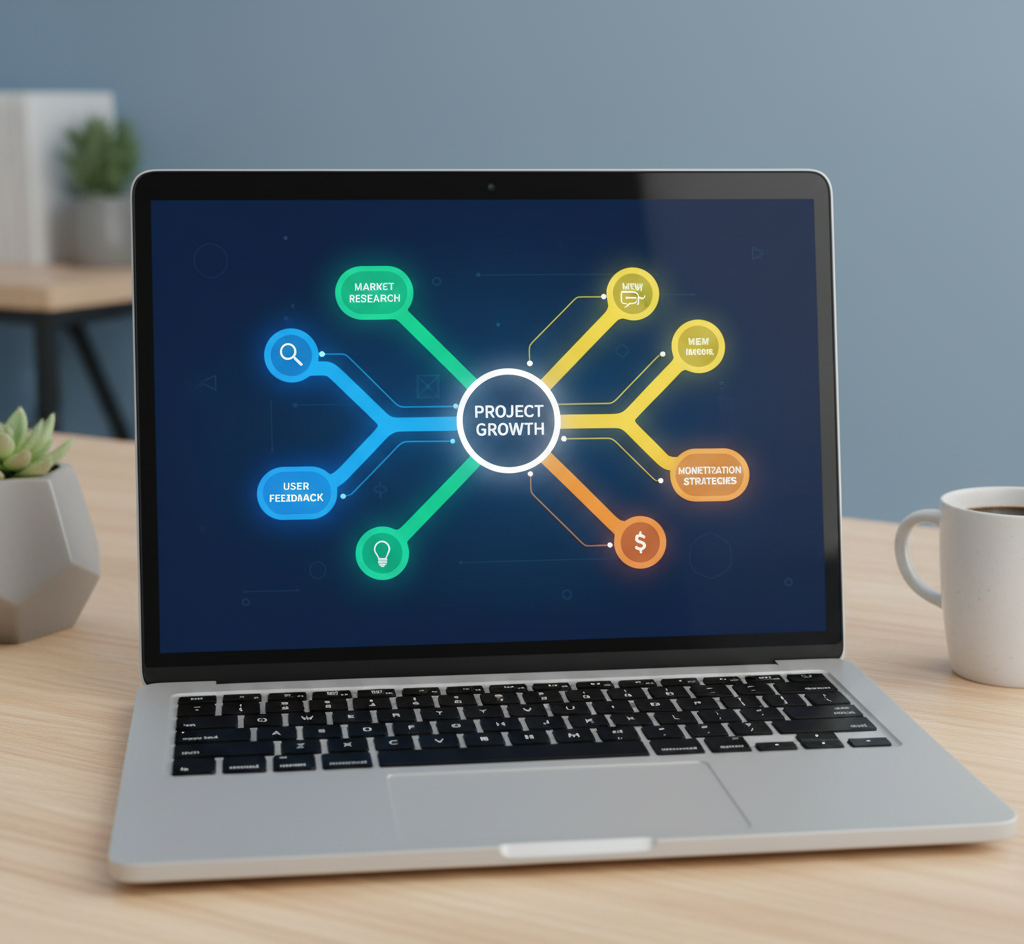
If you’re more visual, MindNode helps untangle complex thoughts into clear maps.
Features:
- Drag-and-drop ideas into branches.
- Add images, notes, and links for richer maps.
- Perfect for brainstorming or planning.
It feels less like “work” and more like sketching ideas onto paper — without the paper mess.
How to Choose the Right App for You
With so many options, it’s easy to download everything and end up with more clutter. Instead, try this:
- Pick one area of need — focus, rest, self-awareness, or organization.
- Test one app for two weeks.
- Keep only what adds genuine clarity.
Pro tip: Mental clarity doesn’t come from stacking tools — it comes from using a few well.
Conclusion
Mental clarity is a practice, not a perfect state. The right apps can guide you, but your intention matters most. Start small, stay consistent, and give yourself grace when things get messy.
If I had to recommend one step today? Try Headspace or Forest — both are beginner-friendly and surprisingly effective.
Want to keep building your toolkit for focus and flow? Read my post on “Why I Stopped Using Flashcards” — it’s the perfect next step for simplifying your mental systems.

